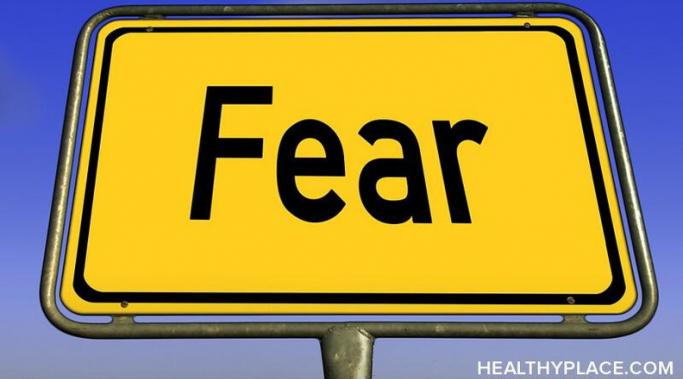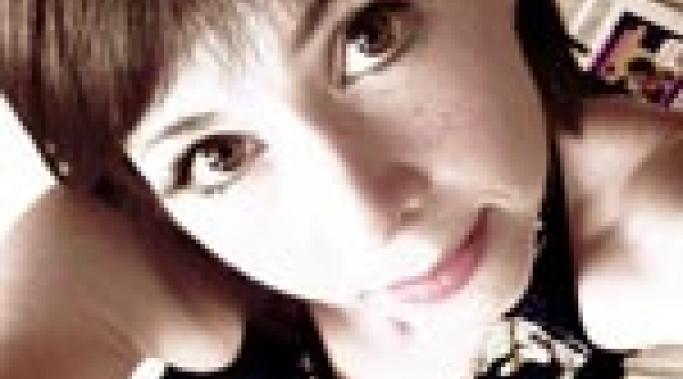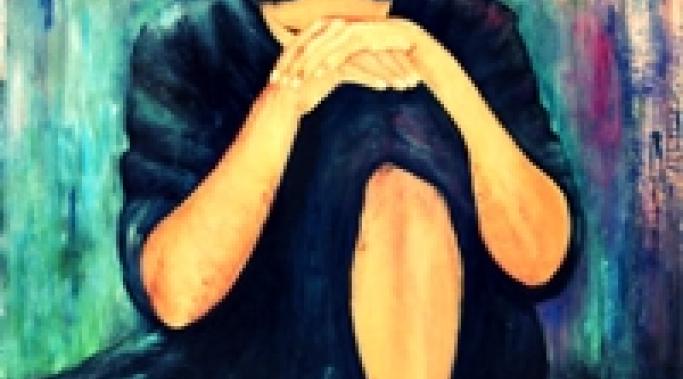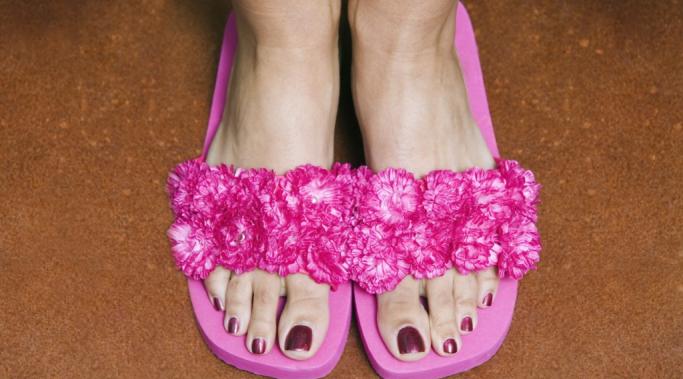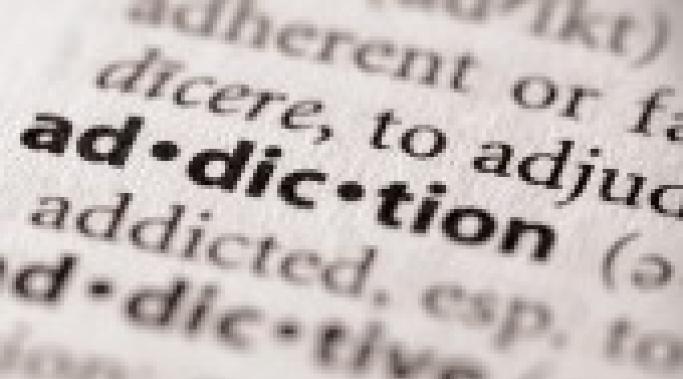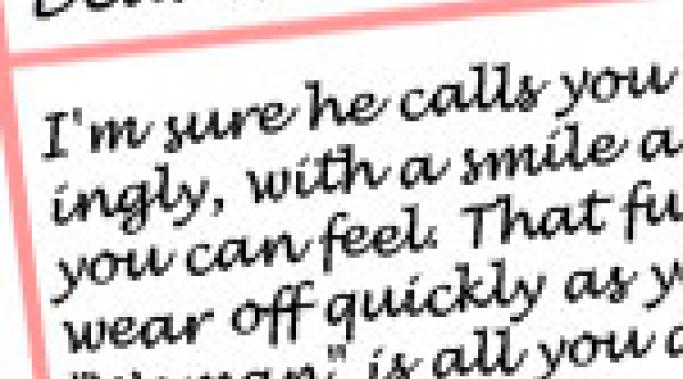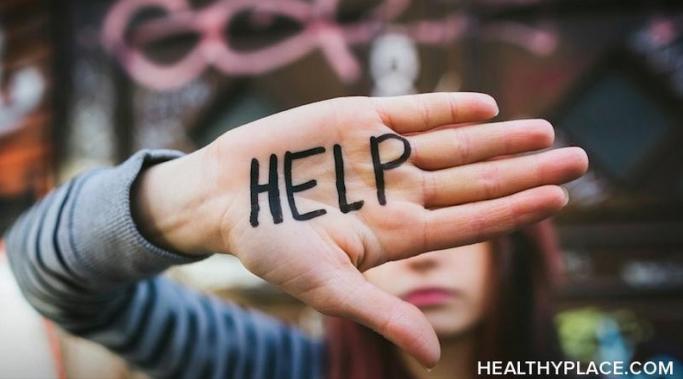Blogs
I find the concept that fears can be assessed as rational or irrational hilarious. Does this mean some fears are valid and other are not? How do we know which fears are legitimate, rational, right?
Say, your mother has cancer and you are afraid of her dying. Is that considered a rational anxiety, because she actually might die? Everybody is going to die. Fear of one’s mom dying is actually a fear of being afraid when mom is dying, or most accurately fear of not be able to handle the anxiety when mom dies. Is that rational?
Heather McCready, experienced days filled with "desperate sadness and intense darkness" and was diagnosed with depression and bipolar disorder and then hospitalized for mania and suicidal depression. Ms. McCready's voyage through mental illness deprived her of her creative abilities for six years. Finally, after all medicines failed, she underwent electroconvulsive therapy (ECT) and now enjoys fewer dark days.
So how should we cope with the loss of a negative coping skill? We should build, maintain and rely on a support system; we should understand and accept that we are grieving a loss; and we should concentrate on taking care of ourselves.
Last week, I looked down and realized I needed something I haven't needed for a very long time.
A bra.
For a long time I didn’t wear sandals. No, not because I don’t like them or because my toes have an aversion to open air but because of the scars on my ankles – that’s where I used to cut. My ankles looked like there were pink, wriggly worms embedded in them.
And I was scared that everyone would see them and know what happened, know what I did.
I figured people would take one look at me (zero in on my ankles for some reason) and then judge me as being a freak and a lunatic and I would be ostracized from normal, human interaction.
That was a bit of an overreaction on my part driven by the shame of self-harming in the first place. I’ve gotten over it.
When I read the heading of this post, the words mental illness and addiction sort of mold together, like a candle, dripping wax into the same spot. Mental illness and addiction go hand in hand--those diagnosed with a mental illness have a much higher incidence of addiction, this is known in the psychiatric community as co-morbid illness. Fancy words to apply to the content of this post.
Last week, I wrote a post about stress possibly leading to self-harm. Here, I discuss the fact that really, it's the anxiety that lives between the stress and the self-harm of which you may want to take note.
It's not my place to tell her about what abuse she has to look forward to in her new relationship with my ex-abuser. It's none of my business that, from this distance, I can clearly sense what is happening. If I approached her, she would probably get mad at me.
I'm sure he's told her what a head-case I am, warned her to limit her contact with me. At the very least, he's agreed with her perspective on how crazy I must be to have left him, that it takes two to tango, that I have baggage I didn't work through in all those years we were together.
But if I were to write her a letter, this is how it would go:
People trapped in an abusive relationship hear, "You're so much better than this! Why are you staying?" I knew I was better than my experience. I knew I didn't deserve to be treated that way. Yet, when someone pointed that out to me, I wanted to dig in my heels and fight to stay.
I knew I was better than how he treated me, but I thought my abuser was also a better man than how he behaved. I saw us as equally hurting. I thought we both were trapped in an abusive relationship.
Those of us who rely on the healthcare system for our peace of mind and ability to lead productive, useful lives, have plenty to say about the state of medicine today. We complain, a lot!
As a group we are complainers by nature, but when it comes to the gyrations we must endure to achieve mental health we can, and do, go on for hours about what is wrong and what is worse and what really cheeses me off and those darn pharma companies and crazy shrinks and chintzy insurance companies and the polecats nesting in my basement, etc.
I would never suggest that finding appropriate, affordable treatment for mental health issues is easy, certainly not. But, I would suggest that healthcare for the mentally ill has never been better, as a quick look in the rear-view mirror will show.
